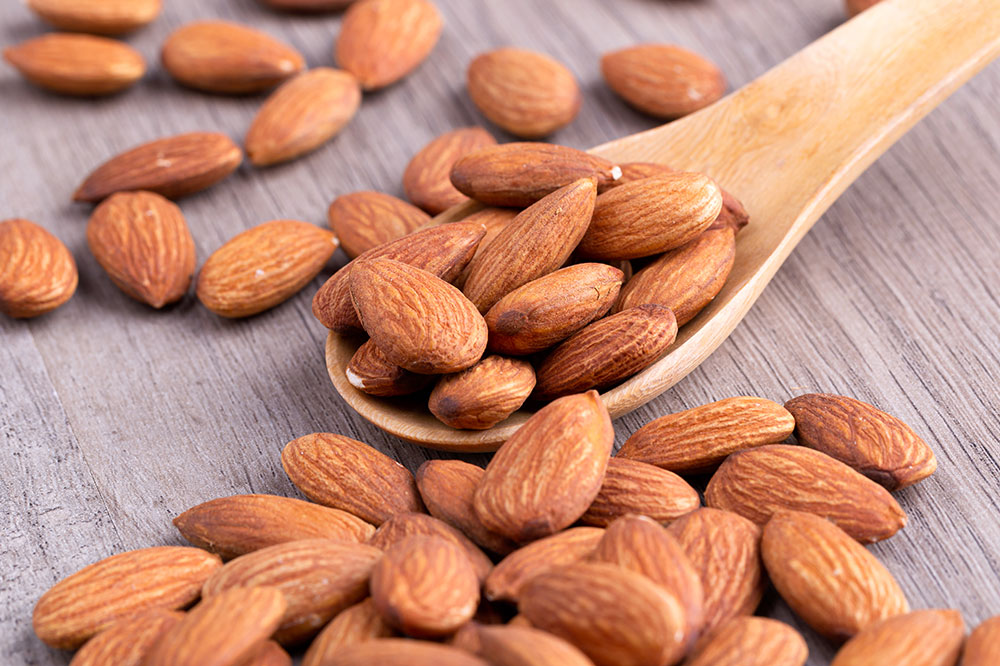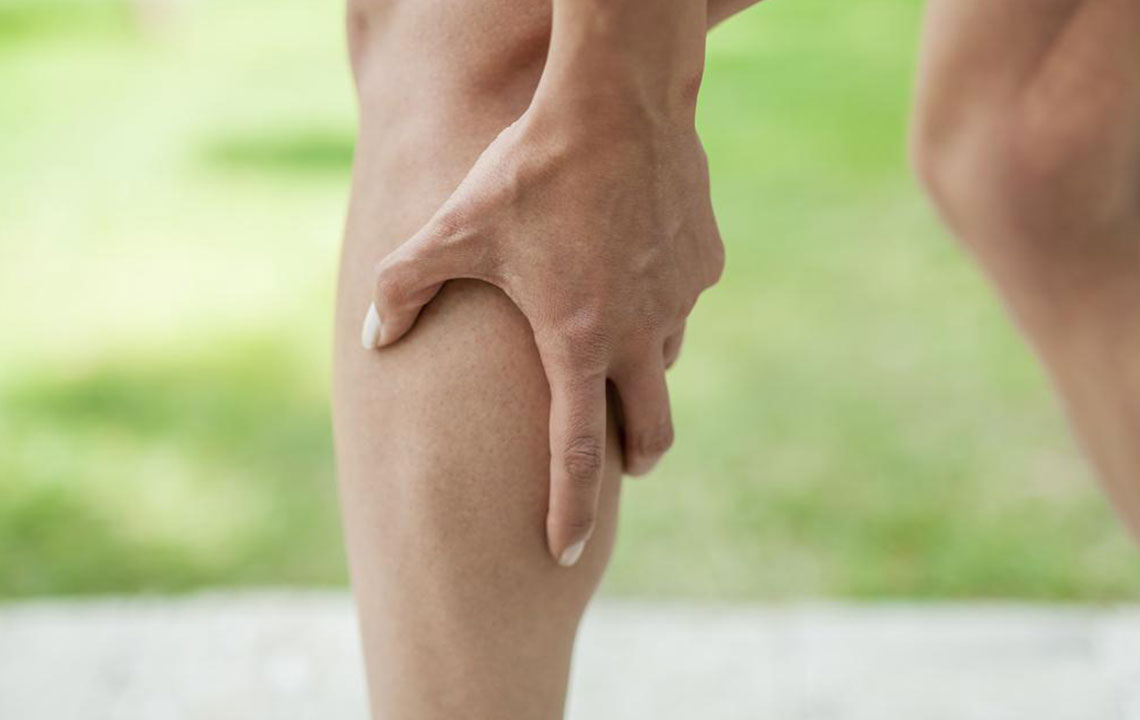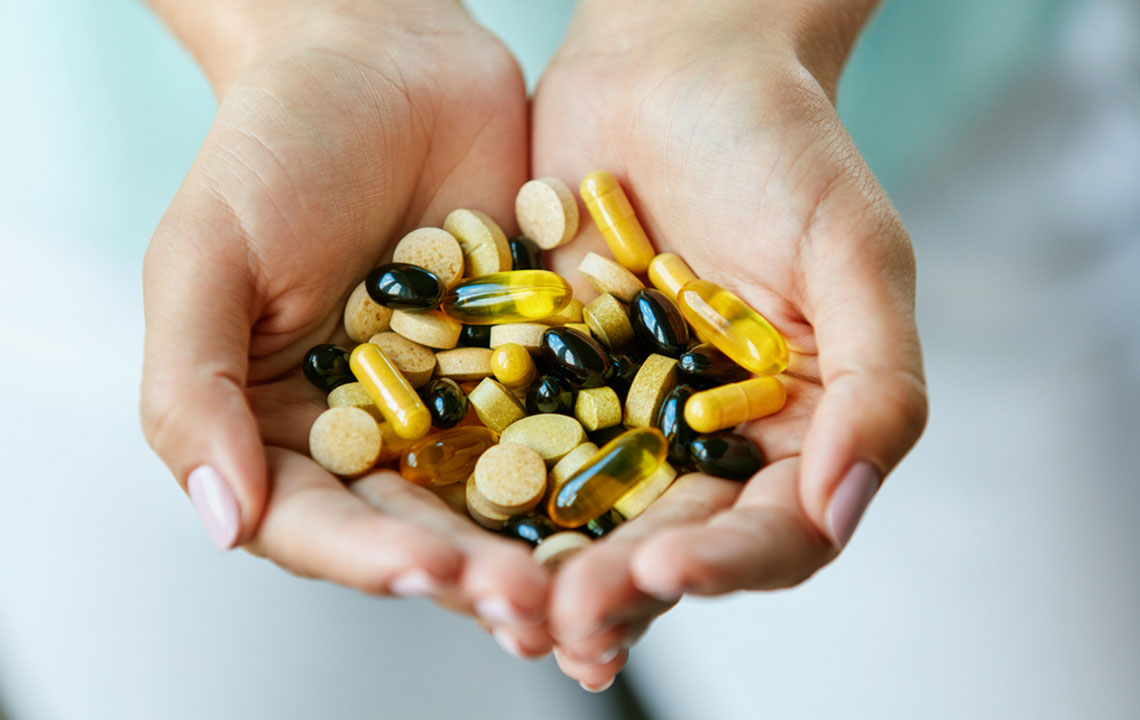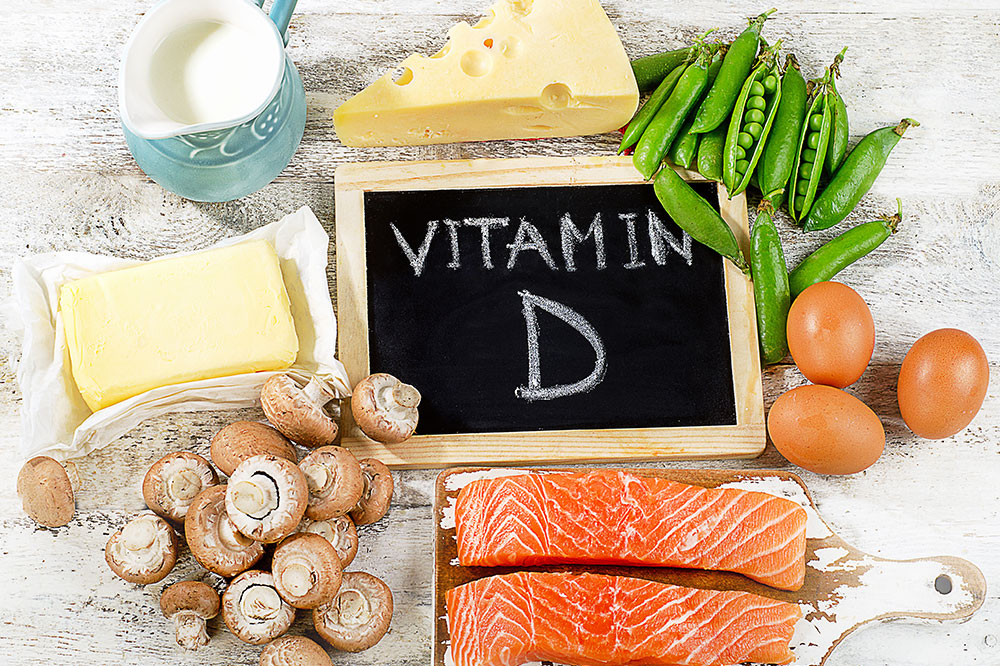Effective Dietary Strategies to Manage Excessive Sweating
Learn how dietary changes can effectively reduce excessive sweating. This article covers essential foods and nutrients, including hydrating fruits, calcium-rich products, green tea, magnesium sources, and healthy fats, all aimed at helping manage hyperhidrosis. Alongside hydration and medical treatments like Botox, incorporating these foods into your daily diet can promote better temperature regulation and sweat control. Always consult a healthcare professional for personalized advice on hyperhidrosis management and treatment options.
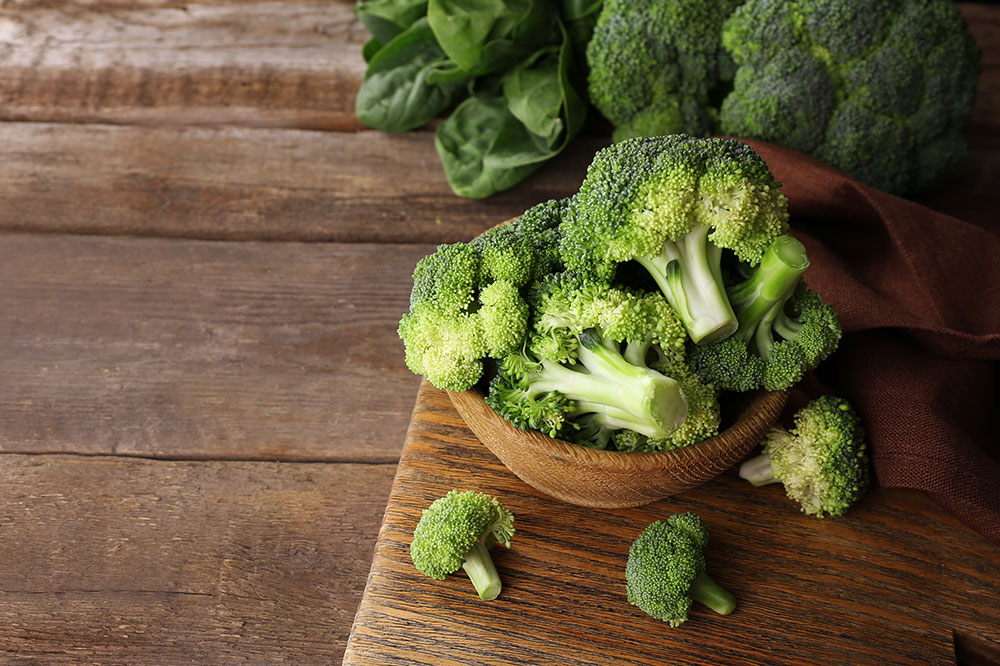
Manage Excessive Sweating Through Your Diet
While sweating is a natural body function that supports cooling, persistent or excessive sweating—known as hyperhidrosis—can stem from health issues like diabetes, menopause, or infections. Adopting a diet rich in specific nutrients can help regulate body temperature and reduce sweating episodes. Here's a list of essential foods to include daily for a cooler body and fewer sweating problems.
Hydrating Fruits and Vegetables
Consuming water-rich produce such as watermelon, apples, oranges, peaches, pineapples, spinach, lettuce, cucumbers, bell peppers, strawberries, grapes, celery, eggplant, and red cabbage helps maintain hydration and diminish excessive sweating. Alongside drinking plenty of water and low-sugar beverages, these foods support body cooling.
Calcium-Loaded Foods
Foods high in calcium like skim milk, low-fat cheese, yogurt, and dark leafy greens are vital for temperature regulation. These options are especially beneficial for those needing to lower fat intake due to other health considerations. Adequate calcium intake ensures better body heat control and reduces sweat production.
Green Tea
Decaffeinated green tea can be an effective choice to keep the body cool. Known for its calming effects, it helps lower nervous tension and sweating. Replacing coffee with green tea can be a simple way to manage hyperhidrosis.
Magnesium-Rich Foods
Since magnesium deficiency may contribute to excessive sweating, incorporating foods like almonds, cashews, spinach, soy, pumpkin seeds, and dark chocolate is advantageous. Magnesium supports nerve function and boosts immunity, helping to regulate sweat production.
Healthy Fats - Olive Oil
Olive oil, packed with antioxidants, aids digestion and metabolic health. Its anti-inflammatory properties can assist in decreasing sweat levels, making it a smart addition to meals for hyperhidrosis management.
Stay Hydrated
Maintaining hydration is key to normal body function and temperature control. Carry a water bottle during daily activities and aim to drink adequate fluids based on your lifestyle, climate, and activity levels. Proper hydration is essential for reducing sweating episodes.
Foods Rich in Vitamin B
Incorporate sources like salmon, beef, green vegetables, and eggs into your diet. These foods support efficient metabolism, helping to prevent sluggish digestion and excessive sweating linked to metabolic slowdowns.
Beyond diet, Botox injections are an FDA-approved treatment for severe underarm hyperhidrosis. This therapy blocks nerve signals to sweat glands but should be discussed with a healthcare professional due to cost and coverage considerations.
Important Note:
Always consult a healthcare provider for personalized advice. The information provided is for educational purposes only and should not replace professional medical guidance. Use discretion and seek expert consultation for diagnosis and treatment of health conditions.

